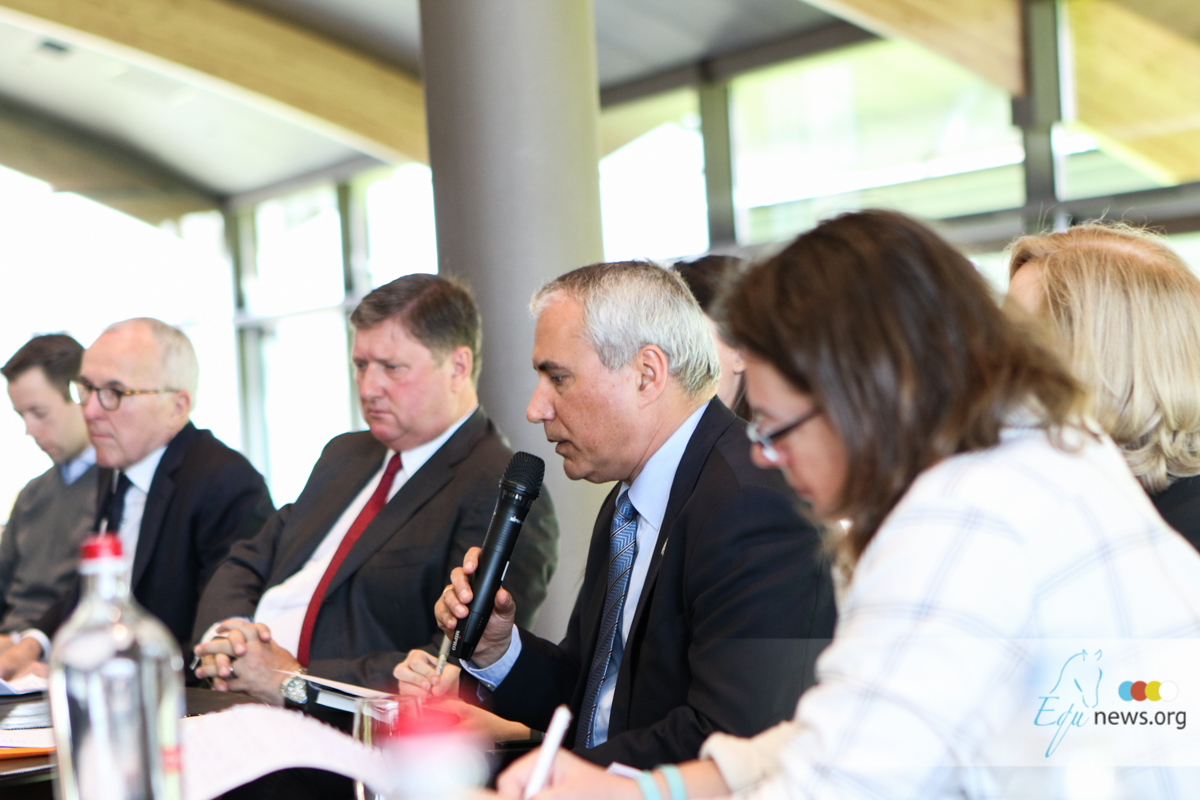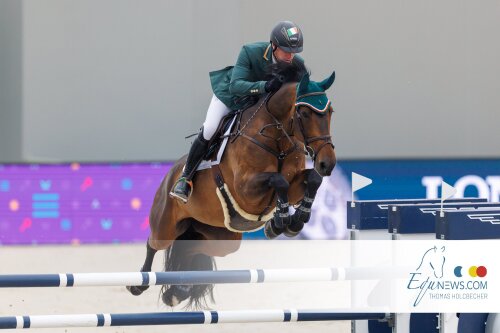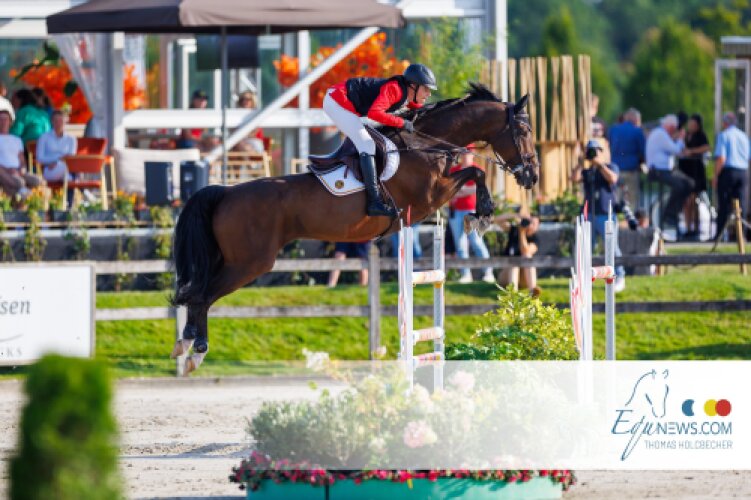The equestrian news site Horsesport, through equestrian journalist Pippa Cuckson, has once again raised dust about the voting system used during the FEI General Assambly. Cuckson states in her article that the FEI actively blocked a constitutional working group when it attempted in 2011 to increase the voting rights of "horse countries" and thus give non-horse countries less influence.
Cuckson spoke with former chairman of the task force, Akaash Maharaj. "The principle of one country, one vote is not entirely democratic," he echoed. Maharaj himself is in favor of curtailing the voting rights of non-horse countries. "Some countries don't have a single rider active, let alone horses, it doesn't make sense that these countries should have as much say as the established horse countries like Germany, France, Belgium, the Netherlands, etc." Of the 33 countries that joined the FEI, 24 (!) have no active FEI horses at all. And another bunch one or two horses.
According to Maharaj, the FEI made the decision in 2011 because, in his estimation, it has more to say about the non-horse countries. "That way the FEI retains influence over all the voices," he said.
Maharaj, who now heads the GOPAC (Global Organization of Parliamentarians against Corruption), had proposed with his working group that "new horse countries" be given more money to develop the sport, but that power over the sport be concentrated more on the countries that actually have to deal with FEI regulations and rulings.



